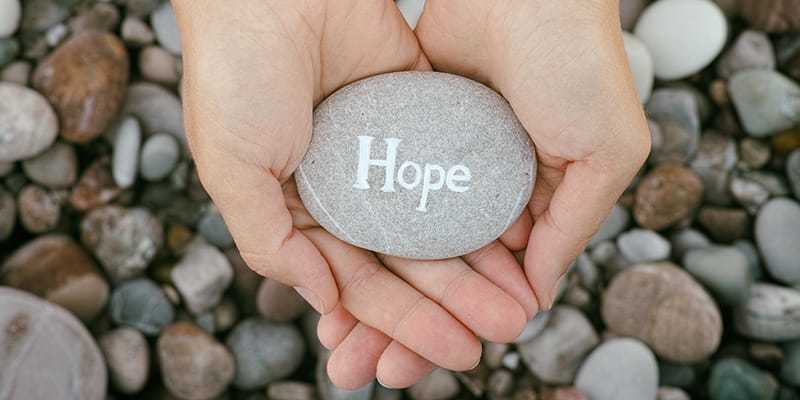
Throughout November we’re taking an in-depth look at Ruth, the little book that helped pave the way for God’s Messiah to come into the world.
As the University of Chicago approached the winter semester of 1947, professor Subrahmanyan Chandrasekhar proposed an advanced course in astrophysics.
It didn’t attract much attention. Just two students enrolled.
At the time, Dr. Chandrasekhar was working at the Yerkes Observatory at Lake Geneva, Wisconsin. The round trip to the south side of Chicago was about 100 miles – a driving adventure he would have to embrace twice a week in the pre-interstate era in the dead of winter. Most people assumed the professor would reschedule the course.
He didn’t.
Ten years later, in 1957, those two students – Chen Yang and Tsung Lee – shared the Nobel Prize for physics.
It seems clear in retrospect that it was a good idea for Chandrasekhar to make a major investment in just two lives.
At first glance, it seems incredible that the Bible’s storyline follows the same path. Two widows – Ruth and Naomi – appear to be nobodies. There’s nothing impressive about their genealogical background. Ruth is a refugee from Moab, a nation despised by Israel. They have no special spiritual training. Since the male breadwinners in their lives have died, their most urgent priority is finding some means of putting food on the table. They’re like tens of thousands of other seemingly abandoned poor people of the ancient Near East, trapped in a story that they themselves cannot control and that seems destined to have a terrible ending.
But what we have learned in the book of Ruth is that God is watching over these two women. He is growing them by leading them on a journey of trust, risk-taking, and hope.
At the end of chapter two, in fact, Naomi is startled to learn that Ruth somehow ended up working as a gleaner in the fields of a man named Boaz, who is one of her deceased husband’s relatives and therefore a potential benefactor.
Out of the blue, Naomi allows herself to hope again – to believe that God may in fact be at work in the most distressing details of her life.
Hope is no small matter on the pages of the Bible. The word itself appears more than 160 times, in dozens of contexts. All too often, however, our exercise of hope falls into one of three categories, none of which is either biblical or adequate for living in the real world. Our hope is either wishful thinking or blind optimism or has to do with the achievement of personal dreams. In other words, it is anything but a sure thing.
Hope is just wishful thinking when I toss a coin into a fountain and wish that somehow something improbable will actually come about – that gasoline, for example, will cost only ninety-nine cents a gallon tomorrow, or that the IRS wants to compensate me for accidentally overpaying my taxes 20 years in a row.
Hope in the sense of blind optimism means refusing to face the way things really are – like saying, “I played around all semester and didn’t study, so I sure hope my final exams have questions to which I already know the answers.”
Hope in the sense of personal dreaming might mean something like, “I’ve always hoped to own my own business. Therefore I’m going to do everything I can to turn my hope into reality.” The problem with personal dreaming is that we’re not always in control of circumstances. An economic downtown or an unscrupulous business partner might effectively crush our hopes.
In the Bible, hope is not a maybe. It is not a shot in the dark – something that may or may not happen. It is the assurance of a secure and unshakeable future in which we are going to be blessed. It is based on what God is doing, not on anything that we do.
Such hope is typified by God’s assurance to the people of Israel while they were exiled in Babylon: “I know the plans I have for you,” declares the Lord, “plans to give you hope and a future” (Jeremiah 29:11).
We can survive the loss of many things. But we cannot survive the loss of hope. It is the spiritual fuel that keeps us going in the midst of a broken world.
A few years ago I came across three sentences that were written by a young woman in our community. She was in the midst of an exceedingly hard time:
“I know things will be OK in the end. Things don’t feel OK now. So this must not be the end.”
That is a statement of immense hope.
Hope is the conviction that God is real and that he is at work accomplishing his purposes for our sake, even when we can’t yet connect all the dots to see exactly how he’s pulling it off.
The incredible news is that even if you were the only one enrolled in his graduate course on spiritual living, he would still drive through the snow to teach the class.
